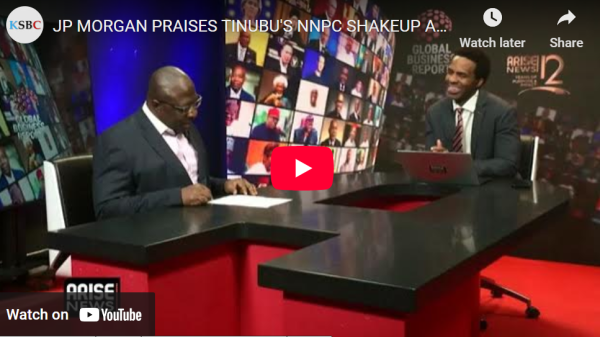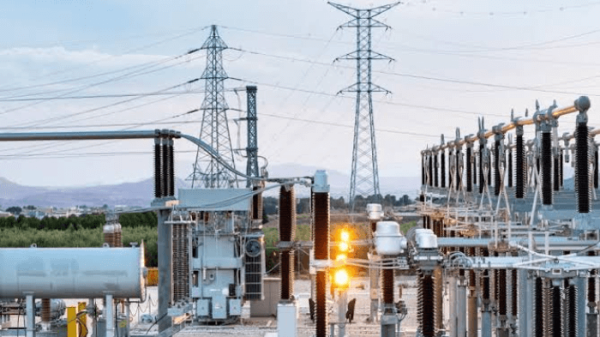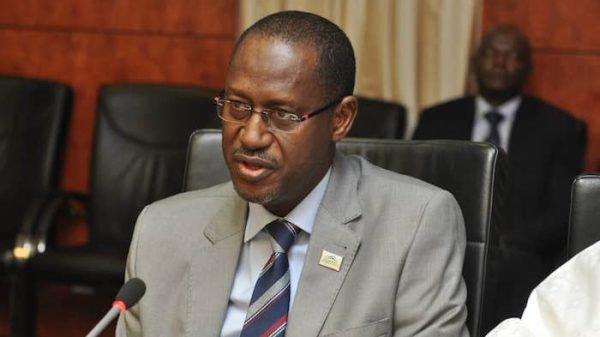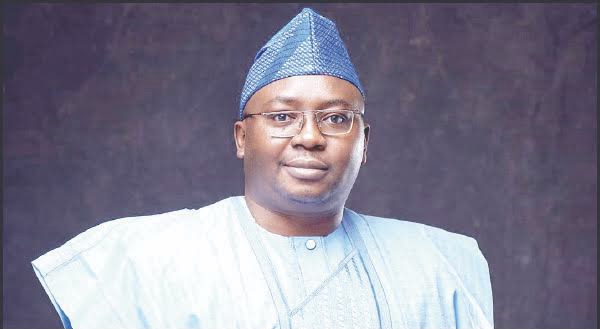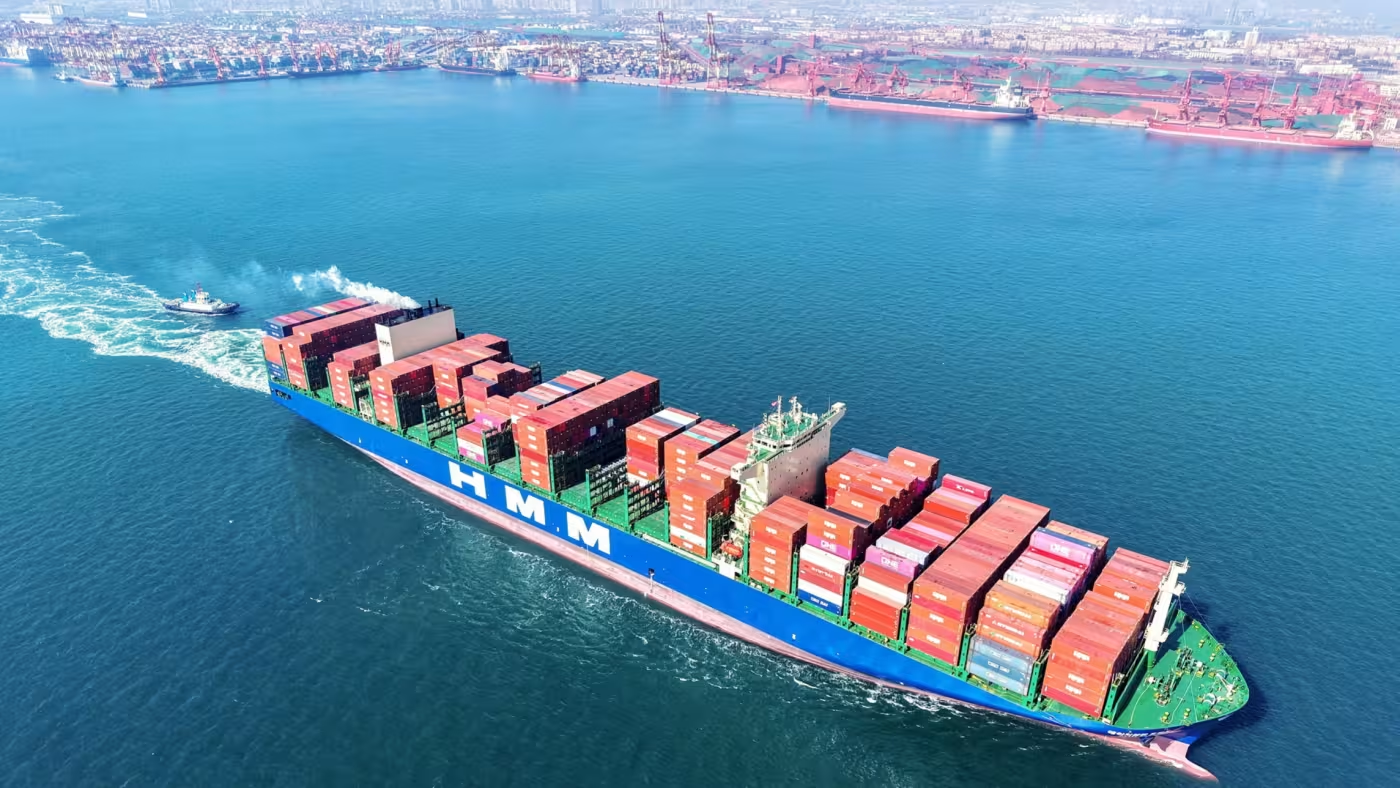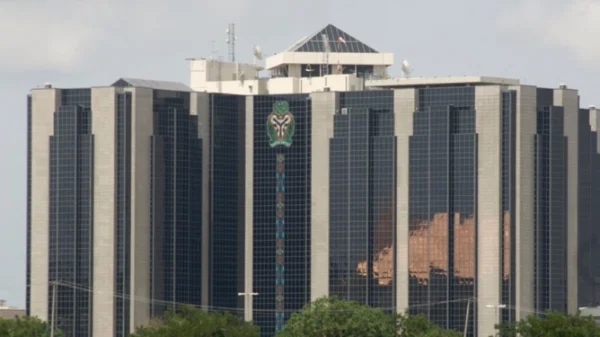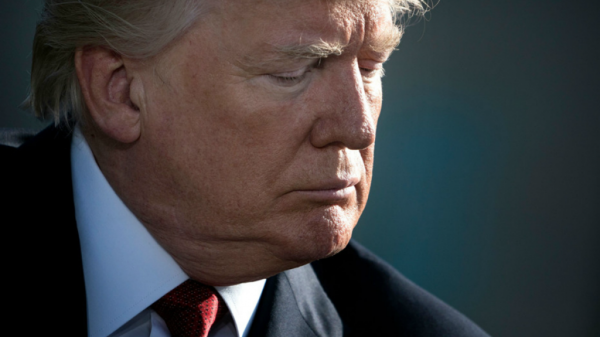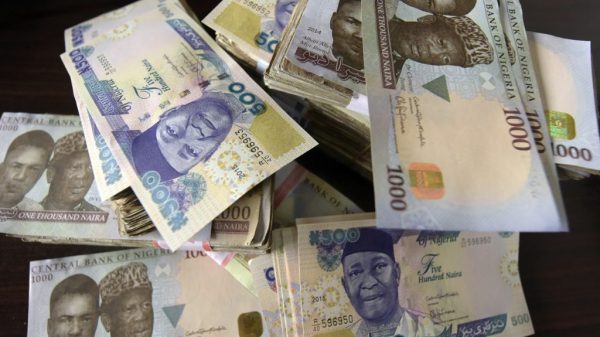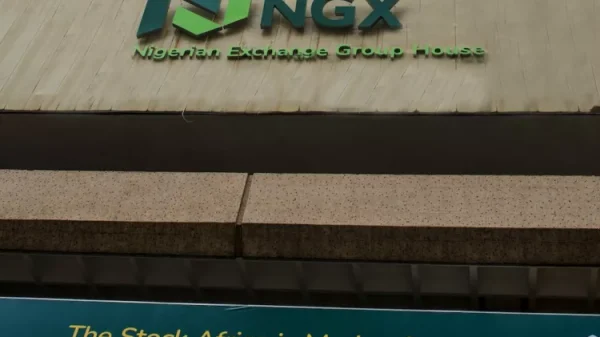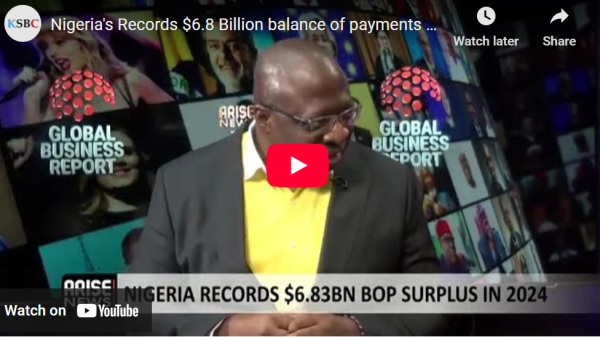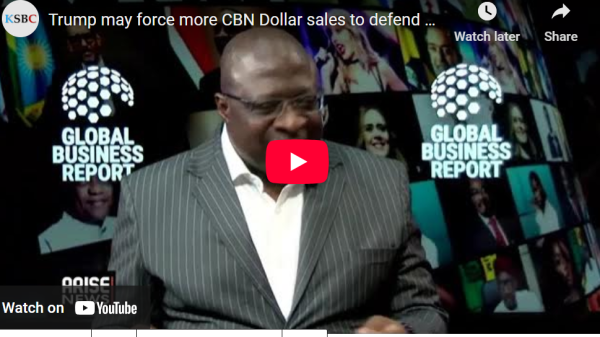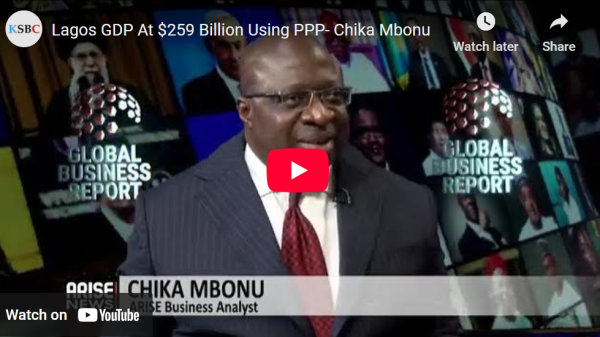The Central Bank of Nigeria (CBN) Governor, Dr Yemi Cardoso and his fiscal policy wing counterpart, Mr Wale Edun, Minister of Finance have assured Nigerians of closing ranks to administer the best fiscal and monetary policies that will make the economy less vulnerable to global economic tremors.
This comes as the Organisation for Economic Co-operation and Development (OECD) recently painted a complex and uncertain picture of the global economy as global giants flex muscles on trade matters.
While highlighting resilient growth in 2024, the agency projected a gradual slowdown in the coming years. According to its latest Economic Outlook, it expects global GDP growth to moderate from 3.2 percent in 2024 to 3.1 percent in 2025 and 3.0 percent in 2026, while inflation is expected to remain elevated due to persistent services inflation and tighter labor markets.
The OECD also stated that “GDP growth in the United States is forecast to slow to 2.2 percent in 2025 and 1.6 percent in 2026, while the Euro area is expected to grow at 1.0 percent and 1.2 percent, respectively. In contrast, China’s growth is expected to decline from 4.8 percent in 2025 to 4.4 percent in 2026.”
Breaking down the projections, the agency explained that while recent indicators suggest a slowdown in global growth prospects, rising trade barriers and geopolitical uncertainty are weighing heavily on global investment and household spending.
It further warned that higher trade barriers across G20 economies could further dampen global growth and raise inflation. “Headline inflation in G20 economies is expected to ease from 3.8 percent in 2025 to 3.2 percent in 2026, but core inflation is likely to remain above central bank targets in several economies, including the U.S.,” the OECD’s Economic Outlook read.
Reacting to the agency’s outlook, economic analysts projected that Nigeria could face increased capital flow volatility and tighter financial conditions, risking further global economic fragmentation due to persistent inflation and financial market disruptions.
“For Nigeria and other emerging market economies, a slowdown in global growth and persistent inflation in advanced economies could pose challenges through capital flow volatility, tighter financial conditions, and weaker external demand.
Additionally, rising trade barriers could disrupt global supply chains and dampen export growth for commodity-dependent economies,” they said.
Already, Nigeria has experienced significant fluctuations in capital flows. Specifically, foreign portfolio investment (FPI) rose by 360.28 percent to $3.48 billion in H1 2024 from $0.76 billion in H1 2023.
Furthermore, total capital importation grew by 152 percent to $2.6 billion in Q2 2024, up from $1 billion in Q2 2023. However, these inflows were predominantly short-term and volatile, making Nigeria susceptible to sudden reversals if global economic conditions deteriorate.
Hence, as interest rates remain high in developed economies, investors may move funds from Nigeria to safer assets in the US and Europe. This could, in turn, deplete Nigeria’s foreign exchange reserves, weaken the naira, and—with rising global borrowing costs—cause Nigeria to struggle to access affordable credit in international markets. This could increase the cost of external debt servicing.
Experts’ views
An economic expert and former Principal Economist at the Central Bank of Nigeria (CBN), Michael Obiechina, warned that given Nigeria’s underdeveloped economy, the country may not be insulated from the ravaging impact of sudden capital flight if proactive policy measures are not designed and implemented to forestall them.
In a paper titled Capital Flows and Financial Crises: Policy Issues and Challenges for Nigeria, Obiechina pointed out that it is more desirable for Nigeria to adopt and vigorously pursue appropriate and coherent policies that respond to increasing capital flows or sudden capital flight rather than procrastinating, as the country could otherwise end up in a crisis requiring very costly measures to resolve.
He explained that large foreign reserves may constitute a temporary solution for an economy facing growing financial market turmoil, external shocks, and their consequences on growth.
“Building large external reserves may not be a wrong policy direction, as far as it is aimed at protecting against interest and exchange rate fluctuations as well as short-term funding disruptions. However, it is not a sufficient solution to a financial crisis. Developing comprehensive strategies that would forestall macroeconomic volatility and strengthen an economy’s ability to absorb both internal and external shocks is fundamental in managing financial crises,” Obiechina stated.
Calling for prudent fiscal policy, he noted that in the event of massive capital flows, fiscal policy is often left as the only tool of stabilization—leading to the imposition of capital controls as a policy option in instances of destabilization caused by massive short-term flows or capital reversals occasioned by changes in macroeconomic fundamentals.
“However, when capital controls are in place for a long time, they tend to become less effective with respect to flows and may hinder the development of the financial system and undermine the efficiency of resource allocation. The choice of prudent fiscal policy should be seen as a temporary measure by the fiscal authority to sterilize the effect of capital flow surges or sudden reversals,” he explained.
Also commenting, the Chief Economist and Partner at SPM Professional, Dr. Paul Alaje, warned of a potential global recession while urging the Federal Government and other African countries to exercise caution, as the continent has yet to establish a resilient economy capable of withstanding these challenges.
“The FG needs to focus on removing structural impediments to growth and enhancing the business environment to attract more stable, long-term capital flows. Secondly, it is important to ensure we do not undermine recent gains and the relatively stable naira. The apex bank has to continue its reforms towards a market-determined exchange rate to narrow the gap between the official and parallel market rates,” Alaje said on his X page.




